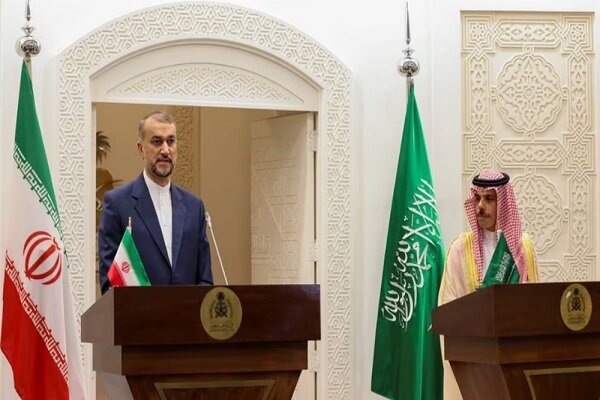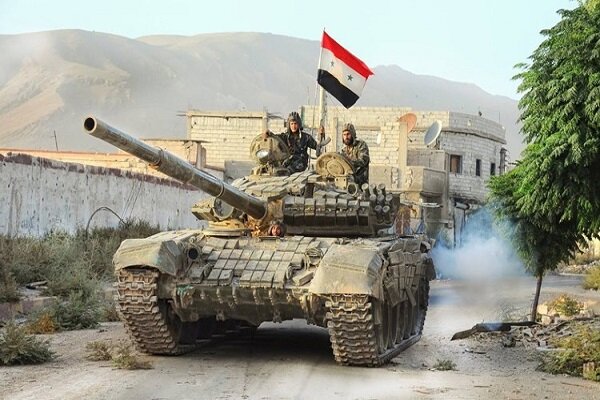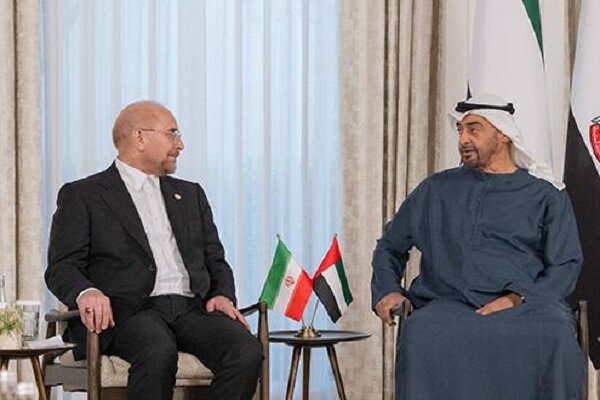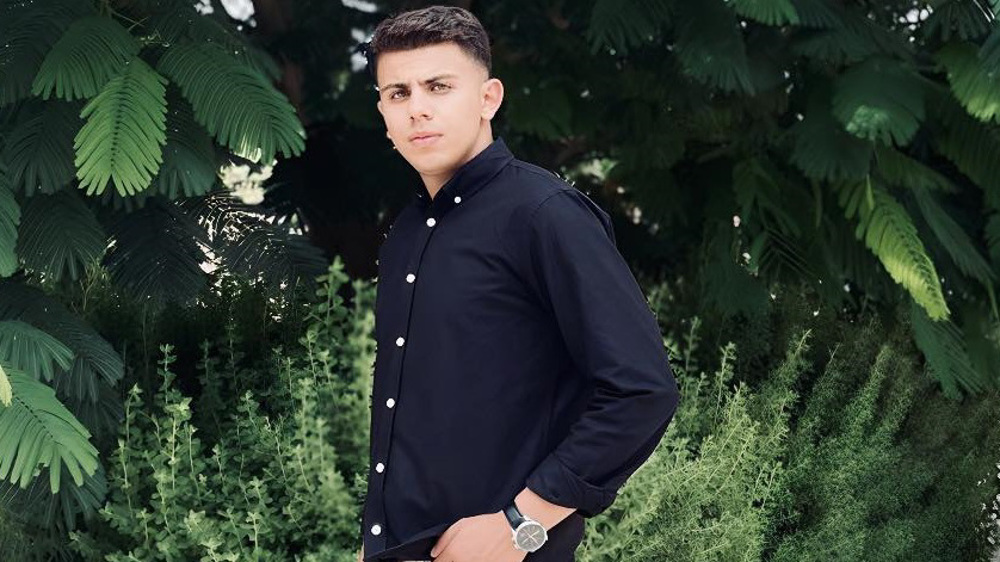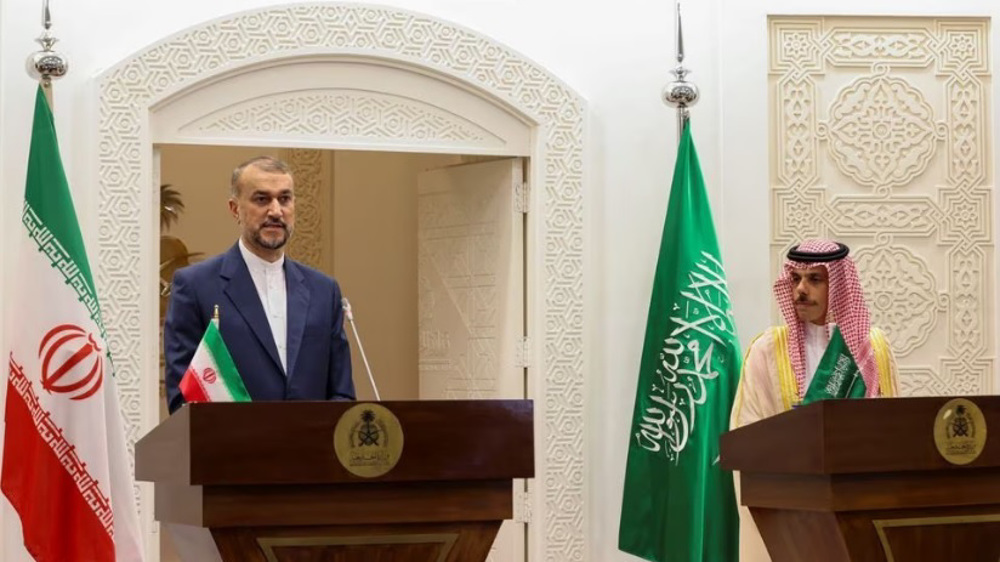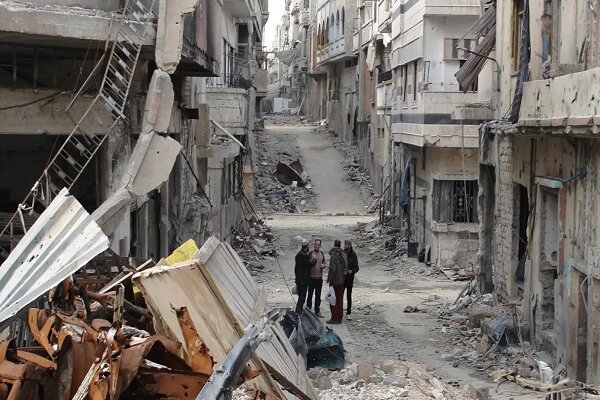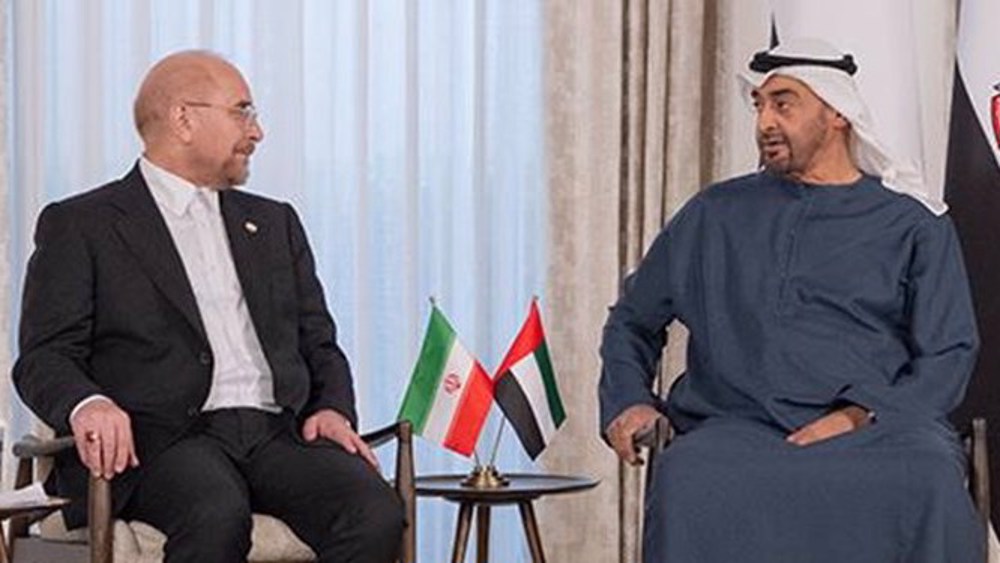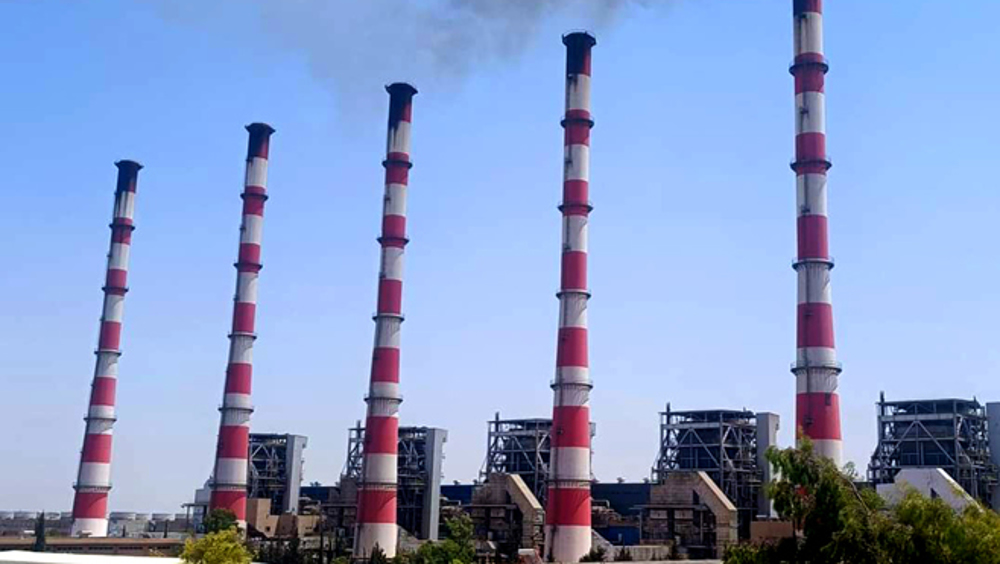Only two percent of young Saudi Arabians back the normalization of ties with the Israeli regime, a recent survey has said, amid the US attempts to push for an agreement between Riyadh and Tel Aviv.
In an article late last month, the Economist highlighted the results of the 2023 Arab Youth Survey, stressing that “domestic obstacles remain significant” for a normalization of ties between Saudi Arabia and the Israeli regime.
“Even a near-absolute monarchy must take some account of public opinion. Only 2% of young Saudi Arabians support normalization of relations with Israel according to the 2023 Arab Youth Survey,” the Economist wrote.
According to the article, Riyadh’s motivation for normalization is “a new strategic alliance with America”, as the kingdom also pushes for developing a nuclear energy program as part of the deal with Israel.
Meanwhile, the article noted that the deal is “a golden opportunity” for Israel’s Prime Minister Binyamin Netanyahu, who is facing corruption charges and widespread protests, as it will “polish his tarnished legacy.”
The deal, according to the article, will also give a political boost to US President Joe Biden ahead of the 2024 presidential election.
“For President Joe Biden, a new American-backed diplomatic and defense framework in the Middle East, built around the two regional powers, would be a major foreign-policy achievement with which to enter an election year.”
That’s while Biden had promised to treat Saudi Arabia as “the pariah that they are” following the murder of the journalist Jamal Khashoggi during his previous election campaign.
“But today realpolitik rules. His administration sees a deal as a way for America to adapt to a new geopolitical era, in which it remains the ultimate guarantor of the [Persian] Gulf states’ security for decades to come even as their economies tilt towards Asia,” the article said, referring to Biden’s administration.
Washington’s efforts for adding Saudi Arabia to the list of Arab countries that have signed the Abraham Accords come at a critical time when Biden is seeking re-election and the US government has been left embarrassed by the kingdom’s bolstering of ties with Iran and Syria, and its further gravitation toward China.
“The potential for an American-Saudi-Israeli agreement may be vast, but the political window for achieving it is small,” the article said.
The UAE, Bahrain, Sudan, and Morocco signed US-brokered normalization agreements with Israel in 2020, drawing condemnations from Palestinians who slammed the deals as “a stab in the back of the Palestinian cause and the Palestinian people.”

